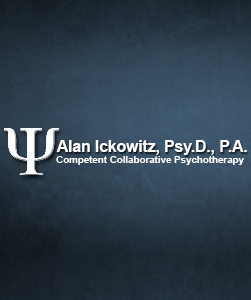Psychological Defense Mechanisms
Psychological defense mechanisms are part of the problem. We all have them and we all use them without our conscious agreement. These protections act on their own accord to help us avoid the pain that the truth sometimes brings. They sacrifice our long-term health for a short-term gain, an avoidance of pain and they do this so well, that at some point they can become a significant obstacle to our ability to experience our lives more fully.
Consumer Reports performed a survey in 1995 showed that almost everyone who sought psychological help experienced relief and made their lives much better.
Treatment of emotional or psychological problems can be traced to the ancient Greeks were the first to identify mental illness as a medical condition. While their understanding of the nature of the mental illness was not always correct, and their treatments rather unusual, they did recognize the value of encouraging and consoling words.
Freud’s 50 years of work led him to believe that keeping thoughts or memories in the unconscious caused great problems. He believed that primarily listening to the patient and providing interpretations, would decrease symptoms.
Around the 1950s, the growth of American psychology led to new, more active therapies that involved the psychotherapeutic process. Over the years, behavior therapy has been enhanced to include emphasis on the thoughts and feelings of the person. This combined cognitive-behavioral therapy has become a major type of treatment for many conditions. Carl Rogers brought to psychotherapy the idea that the the therapist must provide acceptance, warmth and genuineness to the persons seeking therapy.
As you can see, Psychologists continually conduct research on the effectiveness of treatment and adapt to your situation. Psychologists do not use treatments that are controversial or non collaborative.
Most of the time you can work through problems yourself or with the support of family and friends. Sometimes you need someone with special skills, training, and experience to help you that is professional you can count on.

